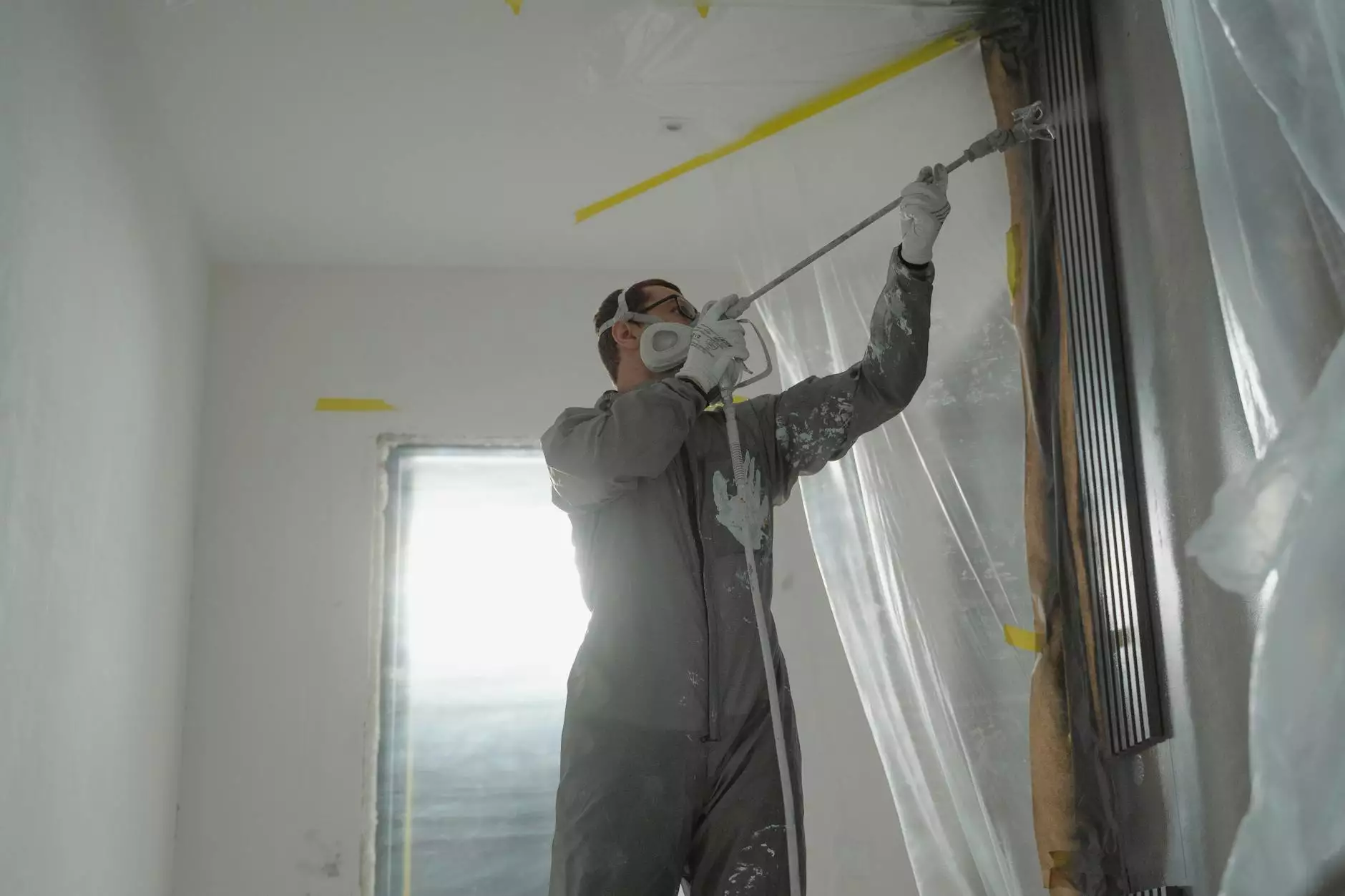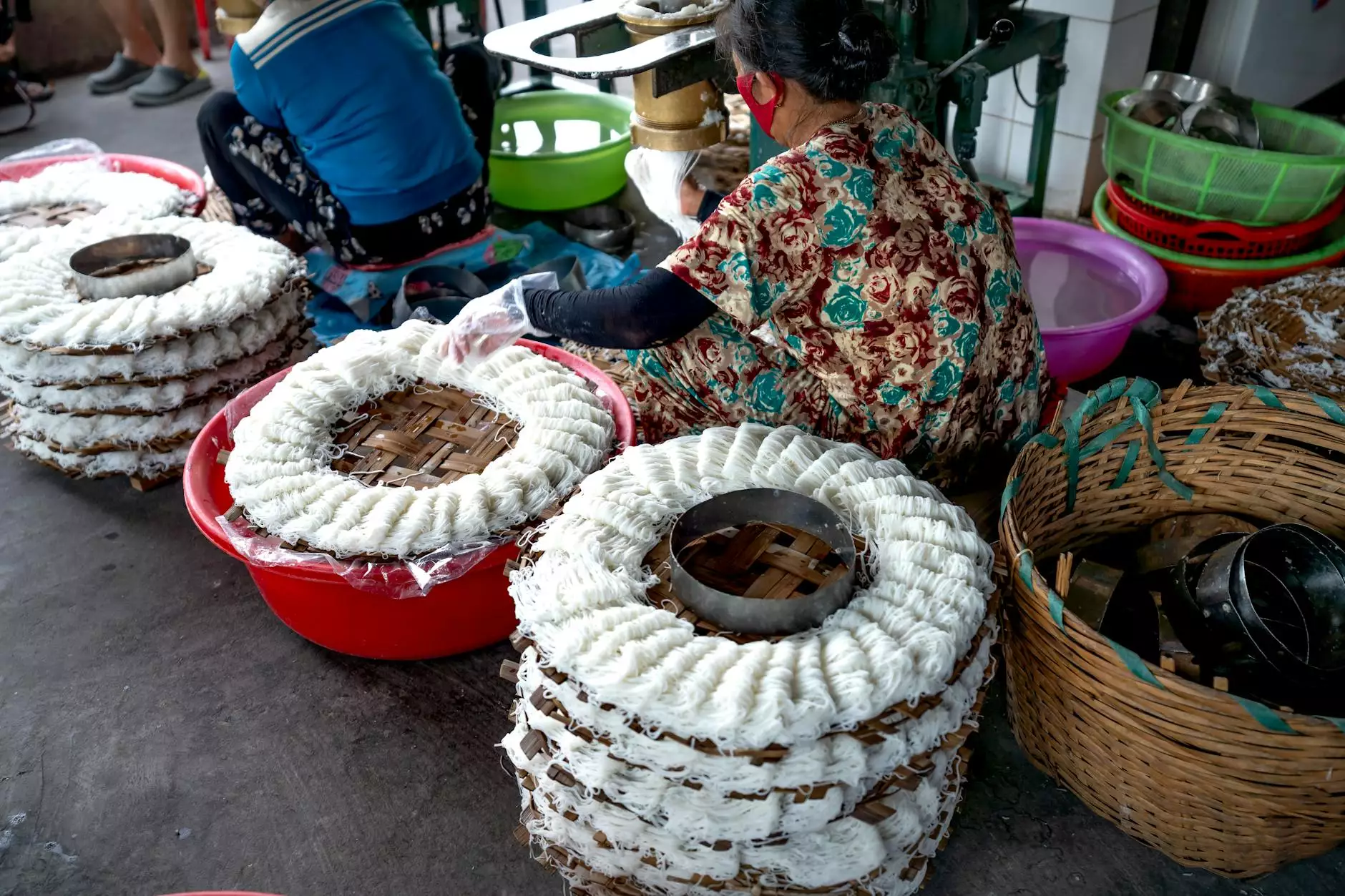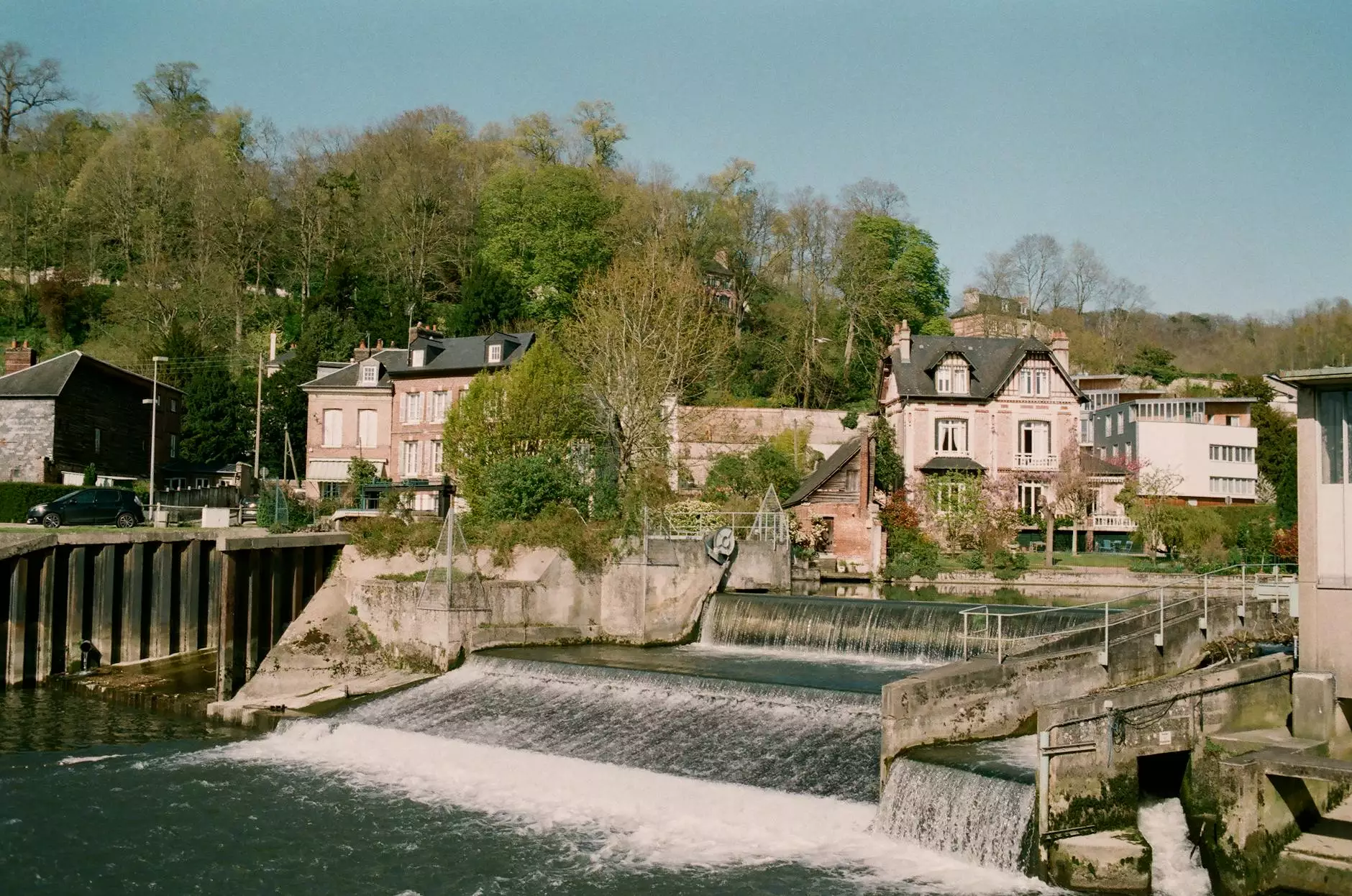Plant Design Prevents Foodborne Illness
Sheet Metal
Introduction
Welcome to Powder Keg's informational page about how plant design can help prevent foodborne illness. As a reputable provider of business and consumer services, we understand the importance of maintaining safety measures in the food industry. In this article, we will delve into the significant role that plant design plays in preventing foodborne illnesses and ensuring compliance with industry regulations.
The Importance of Plant Design
When it comes to food production, plant design is a critical aspect that cannot be overlooked. A well-designed facility ensures a hygienic environment, efficient workflow, and a reduced risk of contamination. By implementing proper layout, equipment placement, and sanitary measures, food producers can significantly reduce the chances of foodborne illnesses reaching consumers.
Effective Workflow
A well-designed plant layout can enhance the overall workflow of food production. By strategically arranging production areas, storage spaces, and processing zones, companies can minimize food handling and transportation time. This streamlined process helps reduce the risk of cross-contamination and allows for better quality control.
Sanitary Measures
Sanitation is of utmost importance in the food industry to prevent the growth and spread of harmful bacteria. The design should include dedicated spaces for cleaning and disinfection, emphasizing the separation of raw and cooked food areas, and incorporating easy-to-clean surfaces. Proper drainage, ventilation, and waste management systems must also be implemented to ensure a hygienic environment.
Compliance with Regulations
Plant design not only ensures safety but also helps companies comply with regulations set by food safety authorities. Government agencies, such as the FDA, have specific guidelines and standards regarding facility design, equipment installation, and operational procedures. By adhering to these regulations, food producers can maintain their license to operate while also safeguarding public health.
Hazard Analysis Critical Control Points (HACCP)
The HACCP system is a preventive approach implemented in food production facilities to identify and control potential hazards. Plant design plays a critical role in supporting HACCP implementation. Separation of different processing areas, efficient waste management, and the use of appropriate equipment all contribute to maintaining food safety standards.
Good Manufacturing Practices (GMP)
GMP outlines guidelines for the manufacturing, processing, and packing of food. It covers various aspects such as employee hygiene, facility maintenance, and record-keeping. An effectively designed plant incorporates GMP principles, ensuring that every step of the production process meets these high standards.
Enhanced Food Safety Measures
Proper plant design not only mitigates the risk of foodborne illnesses but also enhances food safety in several ways.
Preventing Cross-Contamination
Cross-contamination is a common cause of foodborne illnesses. Through well-designed flow patterns, separate work zones, and dedicated storage areas, the risk of cross-contamination can be significantly reduced. The incorporation of color-coded equipment, dedicated tools, and meticulous cleaning protocols further strengthens food safety measures.
Efficient Pest Control
Pests pose a significant threat to food safety, as they can contaminate products and spread diseases. A well-designed facility takes pest control into account by incorporating effective barriers, tight seals, and preventive measures like regular inspections and maintenance. This proactive approach minimizes the risk of infestations and protects the purity of food products.
Proper Ventilation and Airflow
Adequate ventilation and airflow management are essential in preventing the growth of bacteria and the spread of contaminants. Plant design should prioritize proper ventilation systems, air filtration, and air pressure control to maintain a clean and safe environment for food production.
Conclusion
Plant design plays a crucial role in preventing foodborne illnesses and ensuring compliance in the food industry. Well-designed facilities promote effective workflow, maintain proper sanitation, and enhance food safety measures. By partnering with Powder Keg, a trusted provider of plant design services, food producers can successfully minimize the risk of contamination, protect public health, and meet regulatory requirements. Contact Powder Keg today to learn more about how we can assist you in designing a safe and efficient food production facility.









